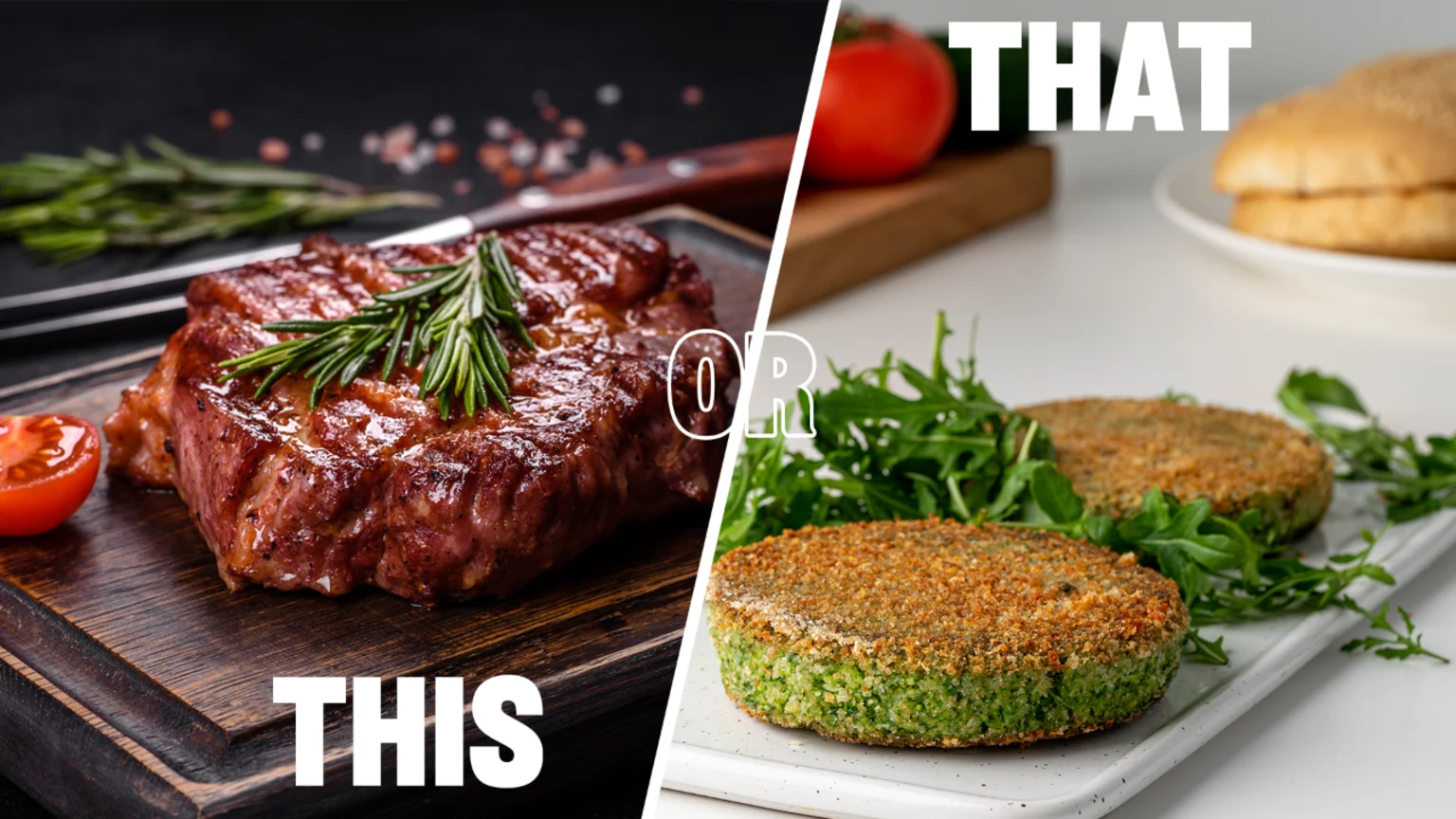Rural
Dominic George: Is fake meat on the chopping block?

Published by Dominic George
29 Jun 2023
OPINION: "Vegetarians, and their Hezbollah-like splinter faction, the vegans, are a persistent irritant to any chef worth a damn".
That little pearl of wisdom has been lifted from the pages of the late Anthony Bourdain in his classic 2000 memoir 'Kitchen Confidential'. I was recently given a copy from a friend and I'm, well... devouring it. Sorry.
I speak to chefs fairly regularly on my show and when I read that line, and others of a similar sentiment, I wondered what the backlash would be if a Kiwi chef were to deliver a verbal jab of this nature? Don't get me wrong - I don't care what you eat. But I do care about this nation's red meat industry and its multi-billion dollar contribution to the economy.
Last year, our red meat exports generated $11.4 billion, a 13% increase on the previous year. But there are a few issues at hand, such as a 9% drop in global red meat prices in December, farmgate lamb prices falling in recent weeks, and a recent study out of Lincoln University showing red meat consumption is on the decline in New Zealand too. While 9 out of every 10 of us still eat meat, overall we're eating less of it due to cost and health concerns.
And it is here we find an interesting conundrum. I'm not going to go into the pros and cons of red meat consumption in the health sphere; there are plenty of people who can do that. Besides, for each claim, there's a counterclaim and, like most things, the reality resides in the nuance, not the headline. The conundrum is in the consumer perception and it appears red meat might just be about to get its nose in front.
A recent Rabobank report suggests the likes of plant-based meats and similar 'disruptive' food innovation seen over the last decade has reached is peak. Indeed, it appears the appetite for alternative meat is in decline around the world - the big five UK supermarket chains reduced their alternative meat products by over 10% last year, while less than 40% of Americans now believe fake meat is healthy, down from about 50% just a couple of years ago.
There are also indications the carnivore diet is rising in popularity, thanks in large part to the horrifically dubbed 'meatfluencers', who hawk a thin, healthy and happy red meat mantra on social media platforms. The #carnivorediet hashtag on TikTok has over 980 million views and rising. A couple of months ago Bear Grylls denounced his previous incarnation as a vegan, claiming he's 'embarrassed' by it, adopting a red meat-heavy 'ancestral' diet in its stead.
And the meat offensive is playing out in the real world too. British celebrity chef John Mountain has banned vegans from his Fyre restaurant in Perth after a negative review from a vegan customer spawned a glut of one-star Facebook reviews, damaging the business. Mountian's resulting vegan ban has seen bookings soar to new heights and he says he's enjoying the best marketing campaign he's ever had.
All the punch and counter-punch is entertaining stuff, but it does have real consequences for New Zealand's red meat industry. It's a volatile landscape and arguably the most susceptible terrain is consumer perception.
Both ends of the red meat health spectrum can be true, and choice of consumption is ideally the domain of the individual. But the tide may just be turning in favour of the meat proponents; a scenario sure to delight the culinary fraternity, many of whom echo the Bourdain take on vegetarians as "the enemy of everything good and decent in the human spirit."
Published by Dominic George
29 Jun 2023